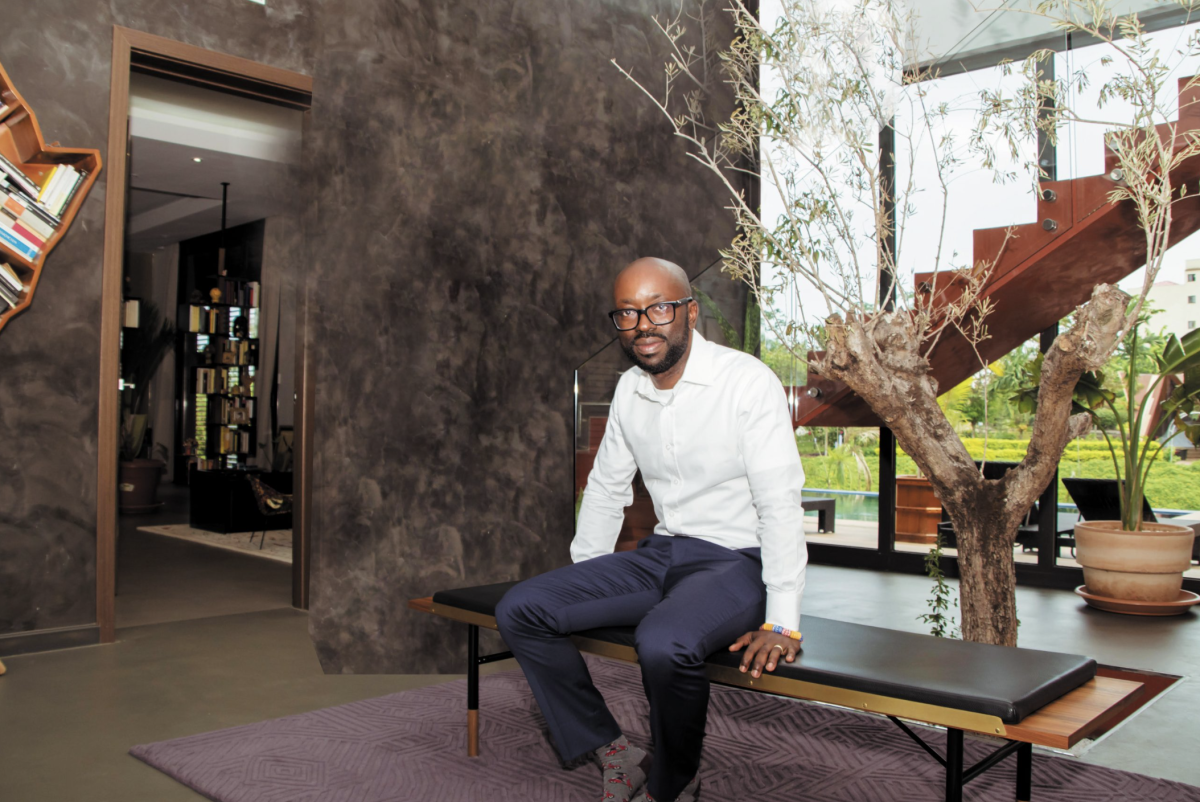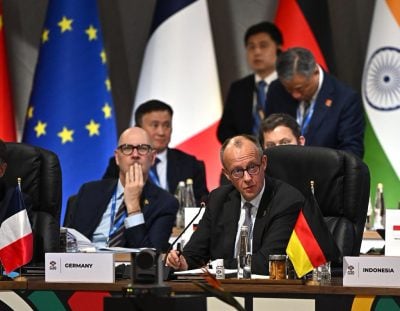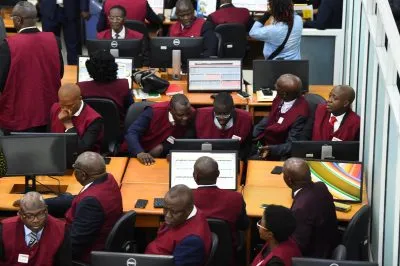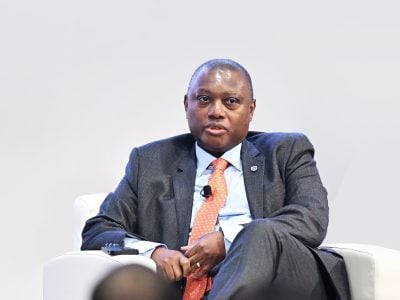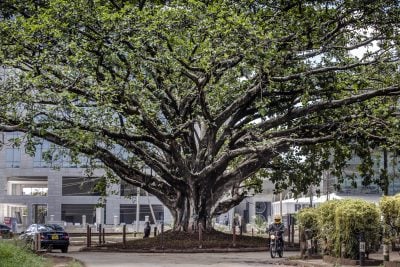Cesar Augusto Mba Abogo takes over as director of the Joint Secretariat Support Office (JSSO) at a significant moment for Africa.
Established in May 2011 as a collaborative initiative between the African Union Commission (AUC), the African Development Bank (AfDB), and the United Nations Economic Commission for Africa (ECA), the JSSO’s purpose is to create a unified African policy stance on key global issues such as climate change, infrastructure, and economic integration, ensuring alignment among the three institutions.
Those issues are even more pressing now than when the office was first established. Climate change has accelerated, with its impact increasingly felt in extreme weather events resulting in loss of lives and destruction of property. Linked to this is the need for a green infrastructure boost for the continent to promote adaptation and resilience.
In the wake of Covid-19 and the global political system fraying at its edges, African economies will benefit from closer integration, enabling complementarity and boosting local value addition. Then there’s the matter of conversations around reforming the global financial architecture, in which Africa could benefit from having a unified voice and approach. The urgency of these issues calls for immediate and concerted action.
A busy in-tray
These and others will be in the in-tray when Abogo sits down behind his desk in the Ethiopian capital, Addis Ababa. A former minister of finance and economy in his native Equatorial Guinea and, more recently, country manager for the African Development Bank in Mozambique, Abogo comes to the job clear-eyed about the task ahead.
“One of my first priorities is to prove how useful the Joint Secretariat is,” he says. “An institution is not merely successful because it has a mandate. You have to live the mandate. You have to embrace it. So that is what we will be attempting to do – to bring the attention of the principals to the secretariat.”
The second item on Abogo’s list of priorities is to set out some focus areas for his three-year term. Having a few priority areas means the secretariat can have a lot more impact on those particular areas than it can when it spreads itself too thin. Abogo is looking at promoting increased synergy between the three organisations.
“We want to be an aggregator of the different approaches so that the different principals can be on the same page,” he says.
Better synergy will mean, for example, that the AUC will not have to struggle to get the data it needs to measure the implementation of its ongoing Agenda 2063, when the African Development and UNECA have so much of it.
“These are the kinds of things that I would love to achieve – to gain the confidence of the principals, to show that we can be a reliable tool, and to define four or five big ticket items that, when the principals engage with, they would want the secretariat to be there with them.”
Harmonising Africa’s development
The idea of having a joint secretariat was first mooted in 1989, but it wasn’t until 2010 that the three organisations decided to implement it fully. As Abogo explains, it makes sense when they have development plans that, in some cases, overlap.
“The AUC has Agenda 2063, which is now in the second 10-year implementation period. The African Development Bank also has recently approved its second 10-year strategy, which reinforces the validity of the “High Five” priorities: power Africa; feed Africa; Industrialise Africa; integrate Africa; and improve the quality of life for the people of Africa.
“UNECA also has the SDGs [ustainable development goals] and various initiatives from the Summit of the Future. So what we try to do is to harmonise the different interventions and approaches so that they complement each other.”
That will reduce duplication and ensure a coordinated, complementary effort for greater impact. Indeed, conceptually, three agendas are aligned; in fact, the African Development Bank’s High Fives are a catalyst for both Agenda 2063 and the SDGs.
The secretariat operates through technical working groups including agriculture and food security; industry and trade; Agenda 2063; and infrastructure and energy. These working groups coordinate with the relevant units from the three principal organisations to ensure they work off the same page.
“Let’s take, for example, the agriculture and food security technical working group. You have the director of the bank in charge of agriculture; you have the director from UNECA; and the director from the AUC. So the secretariat convenes all of them, and they will say these are the priorities, and these are the milestones. Between them, they can even agree on a set of interventions and projects.”
The secretariat will then track and monitor the milestones and interventions, alerting the principals when they veer off course. “What is clear is that given the fact that resources are scarce, it’s very important also to avoid duplication and an awful cacophony when it comes to development approaches.”
Abogo believes consensus is possible because “they all speak the same language and operate in pretty much the same environment.”
The challenge, he says, is to ensure that they are all on the same page and complementing each other meaningfully. Each organisation has its core strengths and, invariably, some weaknesses. Working together through the secretariat gives them an opportunity to consolidate strengths and minimise weaknesses.
“You have the African Development Bank, which is a huge machine with financing power, knowledge, and diplomatic heft. You have UNECA and all that it entails, and you have the AUC as the political umbrella, and I think you can close the circle. If you have all of them with their relative strengths, collectively, they can mitigate any individual weaknesses they might have.”
Success for his tenure, Abogo says, will be closely linked with the second 10-year implementation plan for the AU’s Agenda 2063.
“It is necessary that we see the plan executed and implemented without the flaws and deficiencies we saw in the first 10-year implementation plan. That would be fantastic. And I think that really has to do with the abilities of the regional economic communities and the countries to embrace Agenda 2063.”
He says a meeting is planned to ensure that all energies are coordinated for the plan’s success and that the necessary resources are procured.
“We are trying to ensure that the domestication guidelines and the indicators handbook, which measures impact, of the Second-Ten Year Implementation Plan of Agenda 2063 are fully embraced at the continental, regional, and national levels.
Domestic resource mobilisation is key
Abogo believes that better domestic resource mobilisation on the continent will be another indication of success. African economies are notoriously unable to raise enough resources locally and have to rely on international institutions to supplement their budgets and pursue development projects. Much of this has to do with illicit financial outflows, which leave countries unable to derive the full benefits of their resources and governments unable to function properly.
The organisation will also have to address the issue of clean debt and “put in place a bold mechanism to foster peace finance in Africa”. The latter, he says, comes from his experience in Mozambique, where he became convinced of the need to “build peace intentionality” as an element of economic growth.
“Peace finance is not only about avoiding harm; it’s also about seeking a way in which we can make a more positive impact on peace. It is about the issue of conflict sensitivity and integrating long-term perspective when we speak about peacebuilding.”
Additionally, Abogo hopes to ensure that Africa takes full advantage of a moment in which its voice is getting heard more than it has ever been. With a seat in the G20– the presidency of which is currently held by South Africa – and the organisation’s presidency currently held by South Africa, and increasing support for including the continent’s concerns in global actions and initiatives, Abogo thinks a coordinated approach will deliver the best results.
“We are aiming not to miss the opportunity but to ensure we can optimise it.”
A range of resources, including financial and intellectual, will be needed to achieve this, and Abogo believes the African Development Bank, for example, is well positioned to lead the AU´s Knowledge Partners Group to pool expertise and resources to assist African nations in navigating and influencing discussions in global forums such as the G20.
Given his career, Abogo is a committed institutionalist who strongly believes in the potential of African institutions, when adequately supported, to lead the continent toward achieving its strategic objectives.
“I have faith in institutions. Sometimes we have to fix them. But I have faith in institutions.
“I think we have to move to the stage where all the countries engage consistently with our institutions because when they engage consistently, then when they have a specific need, they know where to go.”
Ultimately, he wants his leadership to bring about synergies and a convergence of different viewpoints.
“My role for the moment is to ensure that when my three principals have to speak about issues, they know that there is a mechanism that consolidates, synergises, and aligns all our different views. That’s my most immediate goal. But then in the future, if we can help rebuild the trust and confidence in Pan-African institutions, that will be something that I will celebrate, even when I depart this life.”
Want to continue reading? Subscribe today.
You've read all your free articles for this month! Subscribe now to enjoy full access to our content.
Digital Monthly
£8.00 / month
Receive full unlimited access to our articles, opinions, podcasts and more.
Digital Yearly
£70.00 / year
Our best value offer - save £26 and gain access to all of our digital content for an entire year!
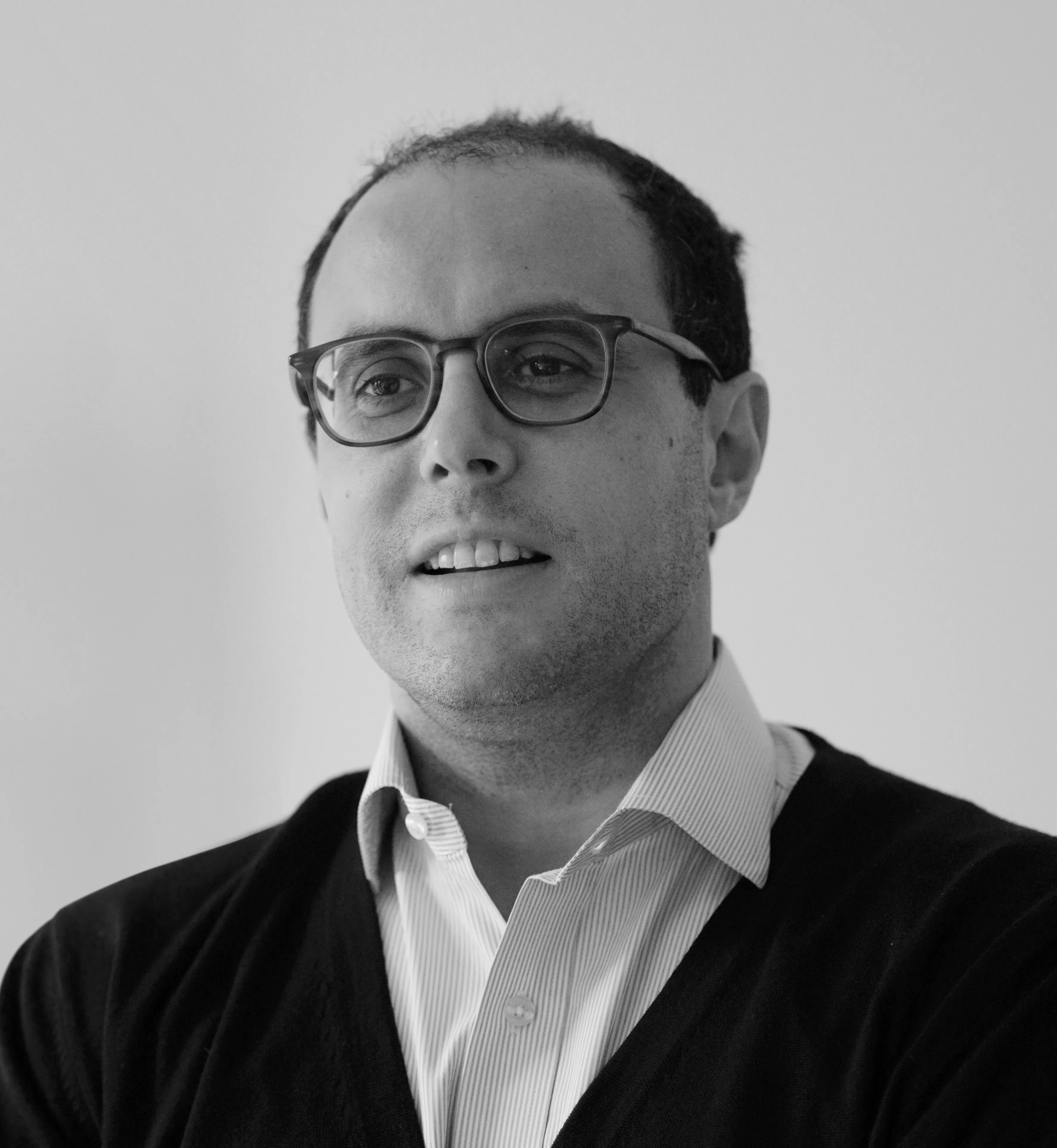
 Sign in with Google
Sign in with Google 